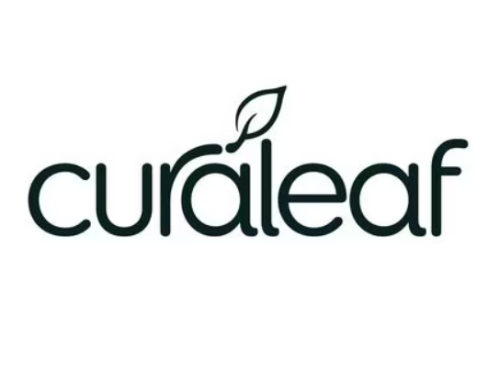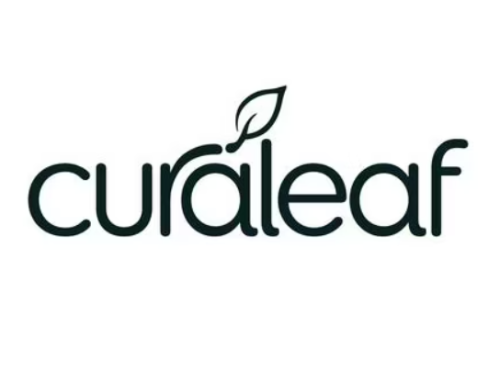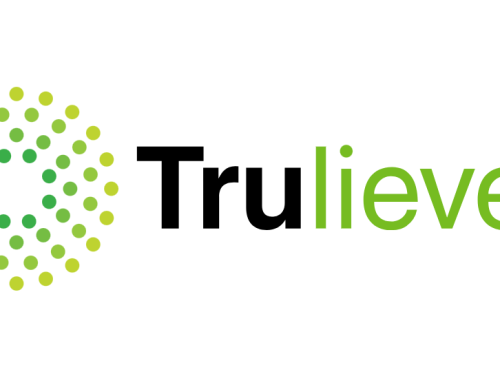Rubicon Organics Secures $4M Financing for Facility Upgrades
VANCOUVER, BC – Rubicon Organics Inc. closed a $4 million credit package with Community Savings Credit Union to finance upgrades at its production sites. The deal breaks down into a $3 million term loan carrying a five-year maturity and a 10-year repayment schedule at 6.79% interest, plus a $1 million revolving line priced at the lender’s base rate plus 5.5 percentage points.
The funds target improvements at Rubicon’s Pacifica greenhouse in Delta, British Columbia, and its recently acquired Cascadia indoor operation in Hope, British Columbia, with the goal of lifting output by more than 40%. Executives said the projects would boost profit margins by optimizing cultivation and processing efficiency. Part of the proceeds will also cover repayment of an $8 million U.S. dollar bond due at the end of last year, clearing a legacy obligation and freeing up cash flow.
Glen Ibbott, the company’s CFO, described the arrangement as a tool for steady expansion. “This financing provides us with capital and flexibility to execute on our growth plans while maintaining a strong balance sheet,” he said in a statement. Community Savings, British Columbia’s top banking partner for Cannabis businesses, has backed Rubicon before, including a $10 million facility extended late last year.
Rubicon operates in Canada’s competitive recreational market, where producers face pressure from excess supply and tight consumer spending. The company carves out a niche with licensed premium organic brands distributed nationwide through retailers and exported under international certifications. Its 125,000-square-foot Pacifica site anchors operations, while the 47,500-square-foot Cascadia addition [bought from MediPharm Labs earlier this year] adds indoor growing capacity for year-round yields.
From a financial standpoint, the credit terms appear favorable in the current high-interest environment, with the fixed-rate loan locking in costs below broader market averages. This setup reduces refinancing risk as Rubicon scales, especially after recent revenue gains tied to premium pricing. Yet the broader sector’s debt loads remain a drag. Many peers have consolidated or sought protection amid falling wholesale prices. Rubicon’s focus on high-end products, which command 20% to 30% premiums over standard flower, offers a buffer, but execution on these upgrades will determine if it can convert capacity into sustained earnings.
To sum things up, Rubicon’s move highlights financing as a practical anchor not only for the company itself, but also for similar operators, guiding them through the sector’s ups and downs. Sticking to organic lines plays directly to buyer preferences for premium goods over sheer quantity, giving others a clear path forward when cash is scarce. The Q3 2025 earnings, due out after the bell today, ought to give a first clear look at how these upgrades are starting to pay off in the numbers. For Canadian Cannabis companies, still sorting out their strategies amid domestic and international markets, deals like this one point to the kind of smart, incremental bets that build lasting resilience.



































